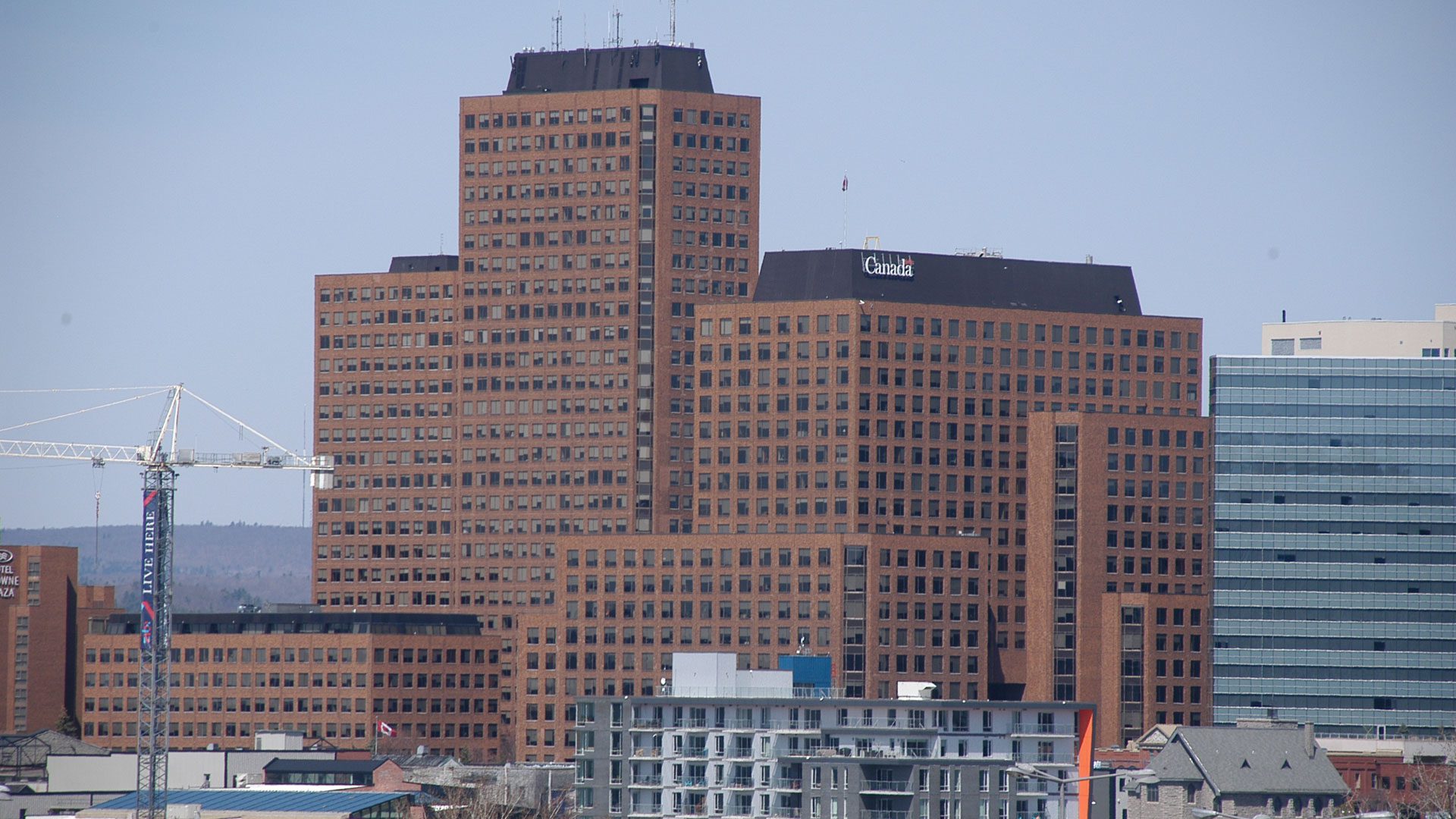
Indian Oil and Gas Canada was established in 1987 to facilitate and regulate resource development on First Nations territory. Photo: APTN
A third-party probe of working conditions at Indigenous Services Canada’s on-reserve fossil fuel regulator has unearthed reports of racism consultants describe as “staggering.”
TLS Enterprises, a Winnipeg-based consulting firm, painted a damning portrait of the dysfunctional environment at Indian Oil and Gas Canada (IOGC) in a Dec. 10, 2021 report obtained by APTN News.
The review confirmed many employees see the organization as a toxic minefield plagued by brazen racism, discrimination and misconduct that is tolerated, encouraged and enabled by managers who are either incompetent or unwilling to respond.
“One particular racist comment is staggering to say the least,” the firm reported. “When this employee was asked by a Consultant if he knew any Indigenous people he replied, ‘only the ones I step over in the street’.”
A manager was reported to have said at a meeting, “What if I go to the community, will I get scalped?” Another supervisor reportedly repeated the racist comment while preparing for a meeting with an unnamed chief and council, saying, “So do you think we’re going to get scalped?”
The employee who overheard the statement told consultants “a comment like that makes me sick” considering the agency is located in a First Nations community.
These quotes, among many others, were drawn anonymously from interviews done by TLS with 55 IOGC staff after the probe was ordered in June 2021.
Public servants had recently gone public with allegations of rampant anti-Indigenous racism, bullying and harassment at the two federal departments governing Indigenous affairs.
‘Harassment is ignored or even tolerated’
IOGC is a special agency within ISC employing 85 people and located on Tsuutʼina Nation territory south of Calgary.
Ottawa contracted TLS to assess the workplace’s health following the reports. The firm offered its conclusions with the caveat that they represent a diagnosis of staff sentiment, not strict findings of fact, but the findings are no less revealing.
They contain allegations of favouritism in hiring, pervasive fear of reprisal, and widespread rancour and mistrust. The consultants suggested multiple times that that a culture of denial, inertia and coverups leads to a refusal to address misconduct, thus implicitly encouraging it.
“Interviewees believe that the workplace developed into a workplace where harassment is ignored or even tolerated,” TLS said. “Conflict goes unresolved and does not go away — but develops into acrimonious relationship throughout the organization.”
The acrimony then results in employees at all levels feeling unsafe and insecure. “The lack of effective conflict resolution systems, and consequently unresolved conflict, has contributed significantly to a perception of a toxic workplace at IOGC.”

One of the questions the consultants asked staff was how they would resolve a conflict or lodge a complaint. There were multiple answers, but the most common one was simple: “say nothing; do nothing.
“They are not sure where to go when they are faced with racist comments or a bully making fun of them in public,” said the report. “If they do try to resolve it through their manager, often the manager will not take it seriously and hope that the problem will just go away.”
The consultants indicated managers at IOGC didn’t seem to have the ability, strength or care to responsibly deal with racism.
“Management themselves enable racism making safety and trust major issues,” the report said.
The staff also widely perceived the human resources (HR) department to be useless and ineffective. “HR says they are there to support management. It is complicated,” one employee said. “There is a fear of reprisal and no support.”
Another added, “HR is completely and totally unhelpful.”
The report added that all roads for a complaint or grievance ultimately lead to the CEO Strater Crowfoot’s office, which complicates things as well. The CEO has final say on whether an investigation is commissioned.
As a result, some employees tend to “leap frog” their middle managers and go to the top bosses with gripes. One manager felt the practice emboldens insubordination and makes addressing workplace conflict “more like a terrorist negotiation where it is charged and protective and reactive.”
‘A likelihood there is favouritism’
Employees also flagged issues with how IOGC issues contracts, with some saying contracts are used to bring “friends” into the organization, though the consultants didn’t probe specifics.
“However,” they added, “based on the number of negative comments regarding favouritism, consultants believe there is a likelihood there is favouritism when selecting candidates for appointments in all categories.”
Ultimately, the probe concluded the organization was riven by a “great divide” that pits Indigenous and non-Indigenous people against each other. They offered a glimmer of hope but laid out a difficult road ahead.
Their 78 recommendations were completely redacted by government censors.
The report comes as IOGC looks to fend off a multi-million-dollar class-action lawsuit that alleges “ongoing and widespread discrimination, coupled with the threats of retaliation and the inadequacy of investigative or remediate efforts, has led to a climate of fear and intimidation amongst the workforce.”
The claim, which is not certified and hasn’t been tested in court, was filed by two First Nations women who are current and former IOGC employees respectively.
Read more:
Review finds ‘racist remarks, discrimination, and bullying’ at Indian Oil and Gas Canada
First Nations women sue Ottawa alleging systemic racism against Indigenous public servants
It proposes to include all current and former staff who allegedly experienced harassment or discrimination while working at Indigenous Affairs, Crown-Indigenous Relations and Northern Affairs, ISC or IOGC.
Proposed lead plaintiff Letitia Wells, who is Blackfoot from the Kainai Nation, said the consultants’ findings provide “tangible evidence” to support her original allegations. She first spoke out in the APTN story Death by a Thousand Cuts, in which she called IOGC “poisonous.”
Crowfoot’s name appears in the statement of claim, which alleges he, rather than an independent third party, was designated to investigate the other proposed lead plaintiff Yvette Zentner’s complaint against an alleged abuser.
Crowfoot didn’t reply to an email from APTN seeking a response to the TLS report. ISC also declined an interview request for the deputy minister.
This is now the second independent probe of an ISC branch conducted in 2021 that APTN obtained. In January 2021, a different consulting firm submitted its findings after employees at the Halifax office of the First Nations and Inuit Health Branch went public with similar allegations.
That report said long-festering issues of harassment, fear and dysfunction caused “considerable harm” to employees there. Employees in that probe accused departmental headquarters of turning a “blind eye” to problems they should’ve known about.
In a previous statement, ISC reiterated its commitment to ensuring the health and safety of staff and said senior management at both ISC and IOGC are developing an action plan to implement the TLS recommendations.
“The Departments and IOGC continue to acknowledge that harassment and discrimination can take many forms and can have significant repercussions,” the statement said. “We take all allegations of harassment and discrimination very seriously.”
Read the redacted report here:










